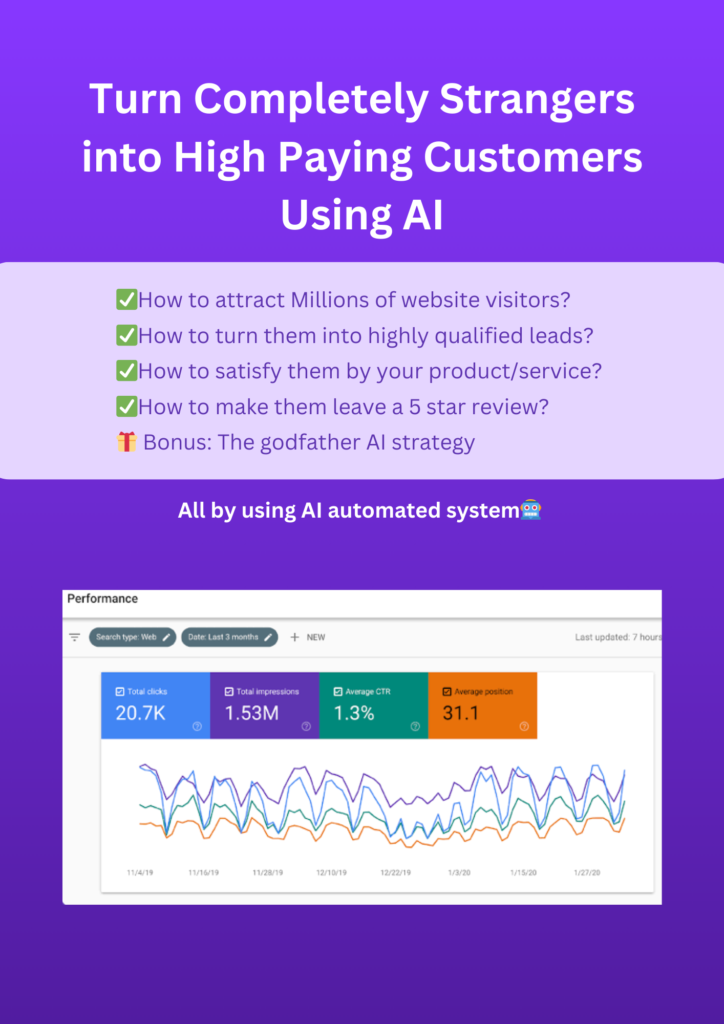Introduction
In the wake of recent geopolitical events, sanctions have emerged as a prevalent tool for enforcing international policies. Notably, Russia has become the most sanctioned country by list-based measures, with the European Union imposing a total of 14 sanction packages as of June 2024.
This surge in sanctions underscores the critical importance for businesses to implement effective sanctions screening processes. Effective screening helps organizations navigate complex regulatory landscapes, avoid potential penalties, and maintain their reputations in an increasingly interconnected global economy.
What is Sanctions Screening?
Businesses must take strong measures to avoid financial crimes and legal penalties. Sanctions screening plays a vital role in ensuring companies do not engage with blacklisted individuals, organizations, or countries. Governments and regulatory bodies worldwide maintain sanctions lists that businesses must check before conducting transactions. These lists, issued by authorities like the Office of Foreign Assets Control (OFAC), the European Union (EU), and the United Nations (UN), are regularly updated, making continuous monitoring essential.
By implementing an effective screening process, businesses can prevent financial losses, reputational harm, and legal action. Financial institutions, multinational corporations, and other regulated entities rely on these screenings to comply with laws and uphold their credibility in the global market.
How Sanctions Screening Solutions Work?
Sanctions screening solutions help businesses follow the rules. They use a clear process to make sure companies stay compliant. It all starts with data collection, where customer information and transaction details are gathered and compared against various sanctions lists.
These solutions use advanced algorithms and artificial intelligence to detect matches, reducing the chances of false positives while ensuring no flagged entity slips through. The screening process typically follows two main approaches: name-based screening and transaction-based screening.
Name-based screening checks customer information against sanctions records to recognize any possible matches. Transaction-based screening monitors financial activities in real time, identifying suspicious behavior linked to restricted entities.
Modern compliance solutions also incorporate risk assessment models, allowing businesses to tailor screening methods based on risk exposure. Automation and real-time monitoring ensure companies stay ahead of regulatory changes without disrupting daily operations.
Additionally, ongoing list updates play a critical role in effective sanctions screening. Regulatory bodies frequently update sanctions lists, and automated solutions continuously synchronize data to reflect these changes. Businesses also leverage fuzzy matching techniques to detect variations in names or aliases, reducing the risk of missing a flagged entity due to slight discrepancies in spelling.
Working with Know Your Customer and Anti-Money Laundering rules helps improve compliance efforts. By combining these processes, organizations can enhance due diligence, mitigate financial crime risks, and avoid regulatory penalties.
The Benefits of Sanction Screening Software for Businesses
For companies looking to protect themselves from fiscal and legal risks, sanction screening software offers numerous advantages.
One of the biggest benefits is risk reduction, which automates screening, quickly detects potential compliance breaches, preventing issues before they escalate. This proactive approach saves businesses from hefty fines, legal troubles, and reputational damage.
Another key advantage is regulatory compliance. Governments impose strict AML sanctions screening measures, and shortcoming to obey can lead to strict sanctions. With an efficient screening system in place, businesses can meet global regulatory requirements with ease.
Improving operational efficiency is important. Manual compliance checks take a lot of time and can easily make mistakes. Automated software makes these tasks faster and more accurate. By accelerating due diligence processes, businesses can focus on growth instead of spending excessive time on compliance-related work.
Additionally, sanction screening software assists companies in encouraging trust and reliability. Companies with strong compliance protocols earn the trust of their stakeholders, such as customers, investors, and partners. Demonstrating a commitment to regulatory standards strengthens a company’s reputation and fosters long-term success.
Lastly, these solutions make international transactions smoother. In today’s global market, businesses must follow different rules and regulations in each region where they operate. A well-integrated sanctions screening system ensures seamless operations while reducing the risk of cross-border compliance violations.
Final Thoughts
Sanctions screening operations form an essential component of corporate compliance because they allow businesses to maintain legal compliance and protect both money and public image. Organizations achieve higher operational efficiency while dramatically decreasing their risk levels because they maintain adherence to global regulatory rules through investment in sanction screening tools. Sustainable growth and organizational success will naturally gravitate toward companies that implement potent screening standards during an increasing era of financial crime and regulatory oversight.

